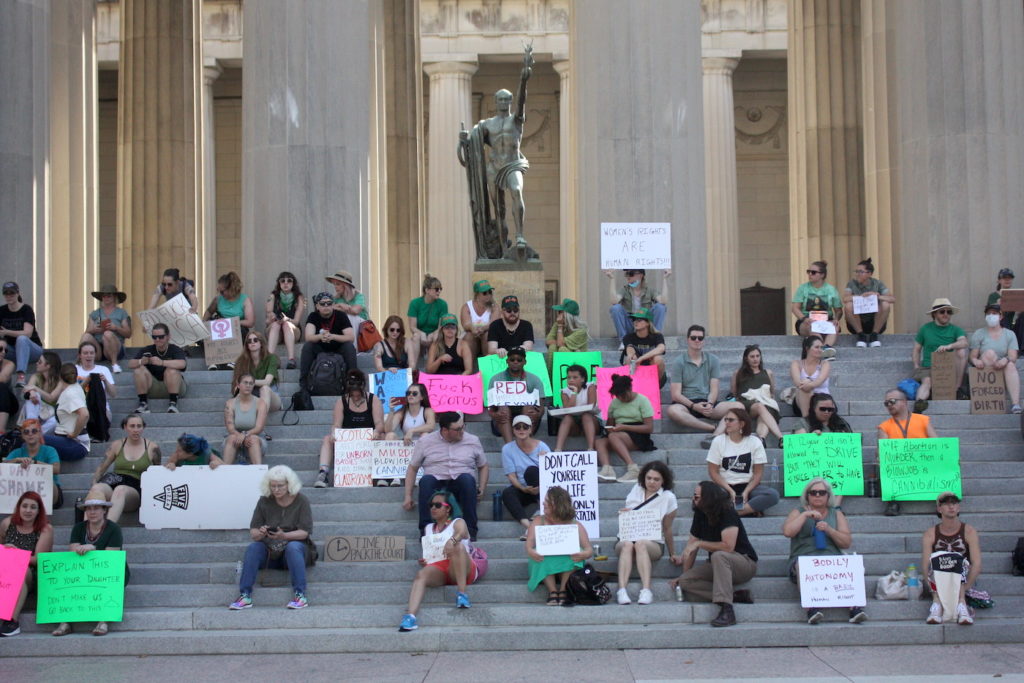
Making a case for religious liberty may be one of the few ways Tennessee’s abortion ban could be effectively challenged in court. Lawsuits using religious liberty arguments have been filed in several states, including Florida and Texas, though not yet in Tennessee.
Tennessee’s constitution was changed in 2014 to say it has no protection for abortion. It does, however, have protections for religious liberty — even greater than those granted in the U.S. Constitution, says Metro Legal director Wally Dietz.
“The right of an individual to practice their religion is highly protected in Tennessee,” he says. “I think it’s one of the few ways this statute could be attacked in the courts.”
Several faith traditions make allowance for abortions, including Islam and Judaism, though the belief is not universally held in those religions.
A few liberal Jewish congregations are involved in lawsuits in Florida and Ohio. They argue that the Torah, which is the first five books of the Old Testament also recognized by Christians, specifically prioritizes the life of the person who’s pregnant over the potential life of the fetus, citing a passage in Exodus, among others.
Nashville attorney Bill Harbison, who helped argue the Obergefell case that legalized gay marriage, says even religious liberty claims could backfire given the conservative tilt of the U.S. Supreme Court. He calls the religious liberty argument “an avenue, perhaps.”
“I’m lacking confidence in courts right now to do what I’d like to see them do,” Harbison says. “I think we’re in a landscape of needing to change people’s minds and lobby at the ballot box.”

